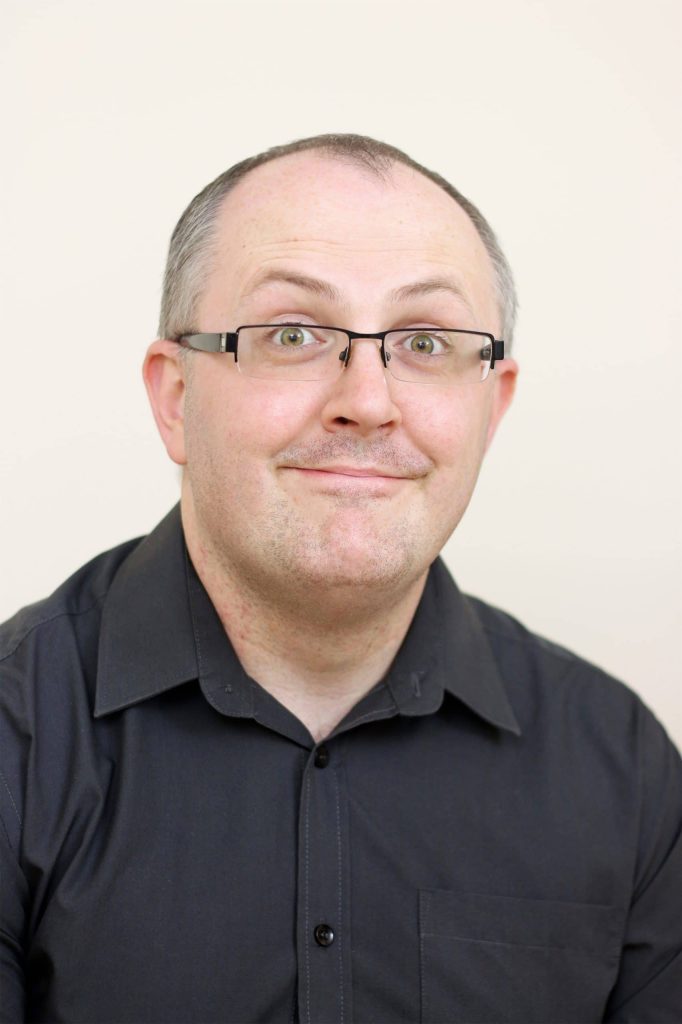
“There is light on the horizon for people who are addicted.”
Interview with neuroscientist Dean Burnett about addiction. Part 1.
Doctor Dean Burnett is a famous neuroscientist, lecturer, author, blogger, podcaster, pundit, science communicator and comedian. In his most recent book ‘Psycho-Logical. Why Mental Health Goes Wrong – and How to Make Sense of It’ a whole chapter is devoted to addiction. We had the unique opportunity to ask him a few questions about this topic.
What happens in the brain of someone who is addicted?
“At the most fundamental level it stems from the part of the brain, called the reward pathways. It is a small circuit where all pleasure comes from. Lots of things trigger that in various ways. For some reasons, that reaction is a bit too powerful with some persons, or they do not know how to control it. The ability to deny ourselves any pleasure is quite a skill. People cannot resist it and that is why they keep on doing the same thing that leads to that pleasurable experience. Because the brain is so adaptive, it changes in various ways. If the brain is experiencing a constant intense pleasure, that is not meant to be the case. You cannot function if that happens.
Also, your sense of self control and self-awareness become distorted to that point where the reward part has power over the higher part of the brain. We do not recognize that we have a problem, that our brain is distorted. This leads to a lot of the classic symptoms of addiction, like the lack of insight we have an addiction, or the fact that there are more important things in life than your addiction, like personal hygiene, a healthy lifestyle, maintaining your finances etc. All these things become secondary to the addiction. So, people who have an addiction, cannot stop themselves, because that part of the brain that gives them self-control, has been compromised by the addiction.”
Are there people who are more sensitive to addiction?
“Yes, there are people who have a vulnerability to addiction. Lots of different causes can lead to addiction. For example, people who have an unpleasant or stressful live. Another reason is your background, your upbringing. There are also genetic factors. Some people’s reward system in the brain is more sensitive to stimulation.
There are also people who have self-control issues or compulsion problems. The part of the brain that stops them from doing things that they enjoy, but that are not good for them, that part is not as developed, because of stressful live experiences for example.”
So, it is not easy to deal with addiction. What can you do about it yourself?
“That depends on who the person is. There is always help out there if you are willing to take it. There are several stages of change when it comes to addiction. The first one is from being in denial of addiction to acceptance that it exists. That is the most important step. Without that nothing is going to change. It is also a matter of doing what you can. Sometimes it is better to go from one packet of cigarettes a day to a half than to go cold turkey. It’s a safe and reliable way of making lasting changes.”
What advice can you give to primary care takers who treat persons suffering from an addiction?
‘They need to be aware of the cultural image of the addiction and how that can influence everyone’s life, because there are still many stereotypes about addiction. For example, until recently, one of the criteria of addiction was willingness to engage in criminal behavior. That is nonsense, because it automatically associates addicts with criminals. Those are not necessarily the same things at all.
You also need to be aware that addiction can happen to literally anyone. It does not necessarily have to be someone from a criminal area or an impoverished background. It can also happen to wealthy people, for example. That is something very important to keep in mind. It doesn’t mean when someone does not have a typical profile of an addict, that he or she is not one.
It is particularly hard for general practitioners to deal with addiction in a consultation that takes about 30 minutes. Especially when that person is in denial. It is a struggle anyway.”
Foto: Sarah Breeze.
Recente bijdragen
Meer burn-out en psychisch lijden, maar wie luistert?
In een vorig artikel kaartte ik al de duidelijke toename van burn-out en psychische problemen aan. Die evolutie heb ik de afgelopen jaren ook in mijn […]
De wil om te blijven helpen
Het viel me zwaar om mijn patiënten te vertellen dat ik zou stoppen in mijn praktijk in Brussel. Misschien verklaart dat ook waarom ik ervoor kies […]
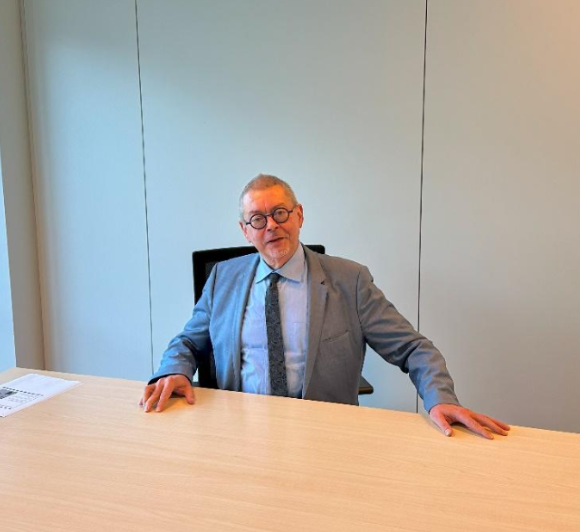
Alle auteurs
- Chris Coolsma
- Advies van de huisarts
- Aidsactivisme en homo-emancipatie
- Alsem
- Arbeidsongeschiktheid
- Blogs
- Boodschap van algemeen nut
- Breekbaar licht
- Covid
- Dirk van Babylon nieuwsbrief
- Dubbele roeping
- Essays
- Euthanasie
- Familie Bass
- Geschiedenis en toekomst van de praktijk
- Hersenspinsels
- Kritische blik
- Late Pasquino's
- LEIF-arts
- Medische nieuwsbrief
- Memoires van een huisarts
- Middelengebruik en verslaving
- Miguel Molinos
- Mijmeringen
- Ongecategoriseerd
- Ontslaving
- Poëzie
- Praktijk in Erembodegem
- Reizen
- Slaapproblemen
- Sonnetten
- Sprokkelmaand
- Terugblik
- Vi to
- Weltschmerz
- Woonzorgcentra
- Marijs Boulogne
- Advies van de huisarts
- Aidsactivisme en homo-emancipatie
- Alsem
- Arbeidsongeschiktheid
- Blogs
- Boodschap van algemeen nut
- Breekbaar licht
- Covid
- Dirk van Babylon nieuwsbrief
- Dubbele roeping
- Essays
- Euthanasie
- Familie Bass
- Geschiedenis en toekomst van de praktijk
- Hersenspinsels
- Kritische blik
- Late Pasquino's
- LEIF-arts
- Medische nieuwsbrief
- Memoires van een huisarts
- Middelengebruik en verslaving
- Miguel Molinos
- Mijmeringen
- Ongecategoriseerd
- Ontslaving
- Poëzie
- Praktijk in Erembodegem
- Reizen
- Slaapproblemen
- Sonnetten
- Sprokkelmaand
- Terugblik
- Vi to
- Weltschmerz
- Woonzorgcentra
- Olivier Lichtenberg
- Advies van de huisarts
- Aidsactivisme en homo-emancipatie
- Alsem
- Arbeidsongeschiktheid
- Blogs
- Boodschap van algemeen nut
- Breekbaar licht
- Covid
- Dirk van Babylon nieuwsbrief
- Dubbele roeping
- Essays
- Euthanasie
- Familie Bass
- Geschiedenis en toekomst van de praktijk
- Hersenspinsels
- Kritische blik
- Late Pasquino's
- LEIF-arts
- Medische nieuwsbrief
- Memoires van een huisarts
- Middelengebruik en verslaving
- Miguel Molinos
- Mijmeringen
- Ongecategoriseerd
- Ontslaving
- Poëzie
- Praktijk in Erembodegem
- Reizen
- Slaapproblemen
- Sonnetten
- Sprokkelmaand
- Terugblik
- Vi to
- Weltschmerz
- Woonzorgcentra
- Patrick Bernauw
- Advies van de huisarts
- Aidsactivisme en homo-emancipatie
- Alsem
- Arbeidsongeschiktheid
- Blogs
- Boodschap van algemeen nut
- Breekbaar licht
- Covid
- Dirk van Babylon nieuwsbrief
- Dubbele roeping
- Essays
- Euthanasie
- Familie Bass
- Geschiedenis en toekomst van de praktijk
- Hersenspinsels
- Kritische blik
- Late Pasquino's
- LEIF-arts
- Medische nieuwsbrief
- Memoires van een huisarts
- Middelengebruik en verslaving
- Miguel Molinos
- Mijmeringen
- Ongecategoriseerd
- Ontslaving
- Poëzie
- Praktijk in Erembodegem
- Reizen
- Slaapproblemen
- Sonnetten
- Sprokkelmaand
- Terugblik
- Vi to
- Weltschmerz
- Woonzorgcentra
Over de auteur
Andere werken van onze auteurs
- juli 2025 (1)
- juni 2025 (1)
- mei 2025 (1)
- april 2025 (2)
- maart 2025 (4)
- februari 2025 (2)
- januari 2025 (3)
- december 2024 (10)
- november 2024 (6)
- oktober 2024 (3)
- september 2024 (1)
- augustus 2024 (1)
- juli 2024 (1)
- juni 2024 (3)
- mei 2024 (2)
- april 2024 (73)
- maart 2024 (2)
- februari 2024 (4)
- januari 2024 (5)
- december 2023 (2)
- november 2023 (2)
- oktober 2023 (1)
- september 2023 (2)
- augustus 2023 (2)
- juli 2023 (1)
- februari 2022 (13)
- januari 2022 (1)
- december 2021 (13)
- november 2021 (13)
- oktober 2021 (10)
- september 2021 (12)
- augustus 2021 (21)
- juli 2021 (20)
- juni 2021 (8)
- mei 2021 (13)
- april 2021 (14)
- maart 2021 (14)
- februari 2021 (8)
- januari 2021 (10)
- december 2020 (16)
- november 2020 (27)
- oktober 2020 (27)
- september 2020 (32)
- augustus 2020 (21)
- juli 2020 (26)
- juni 2020 (26)
- mei 2020 (17)
- april 2020 (9)
- maart 2020 (1)
- februari 2020 (4)
- december 2019 (2)
- november 2019 (9)
- september 2019 (4)
- juli 2019 (5)
- april 2019 (1)
- maart 2019 (1)

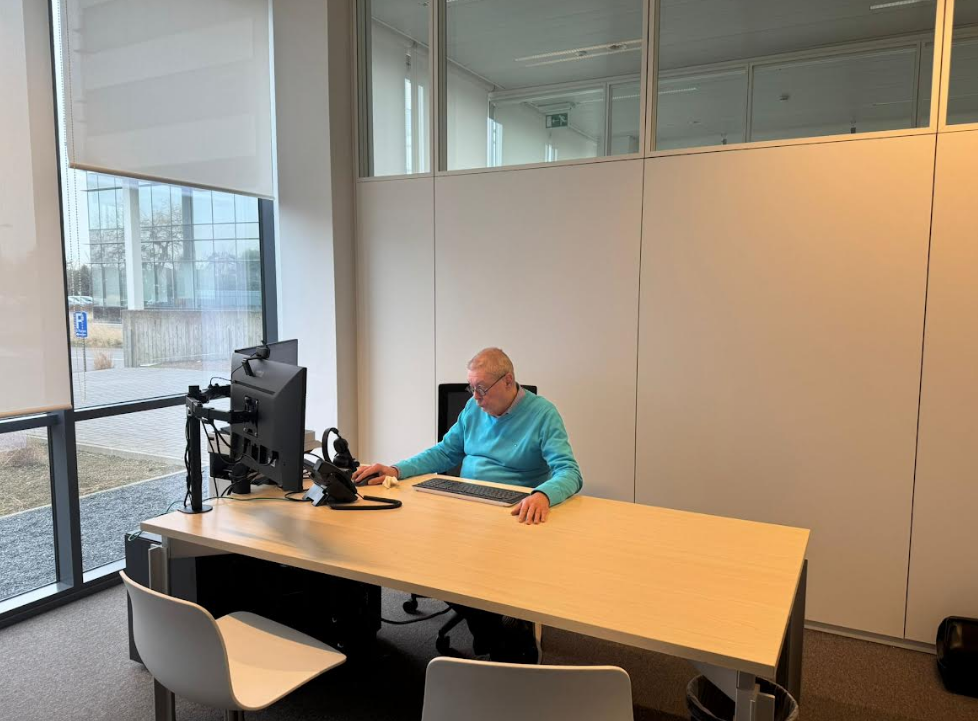
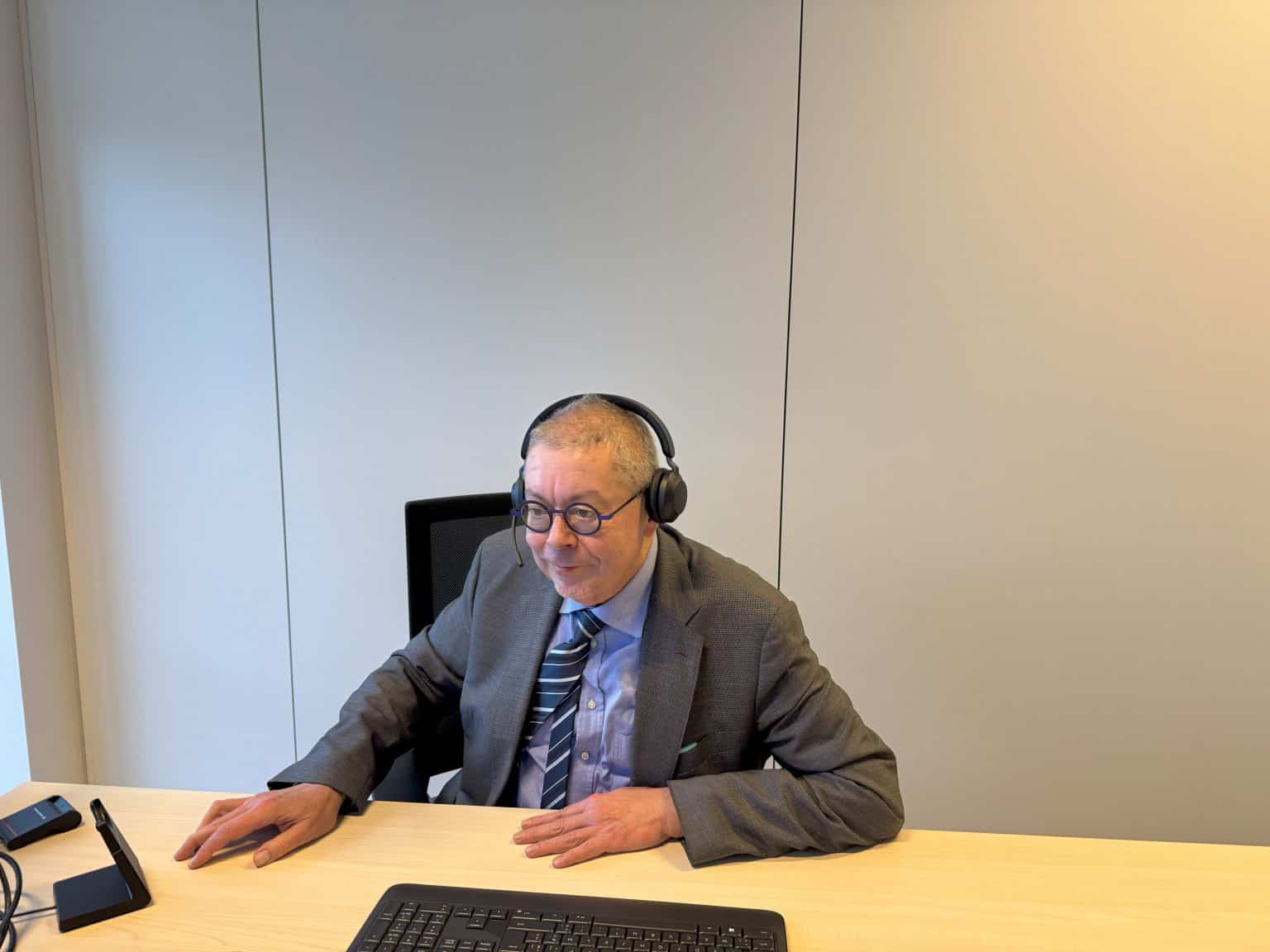
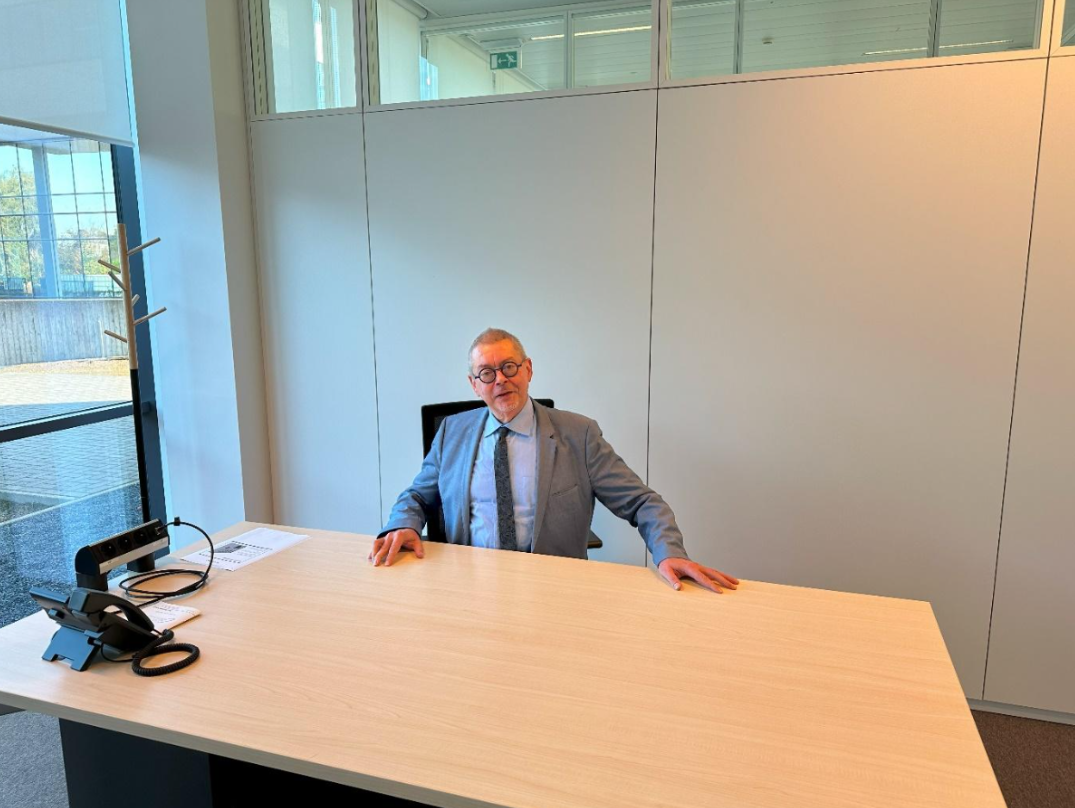
Er is nog geen commentaar geplaatst!